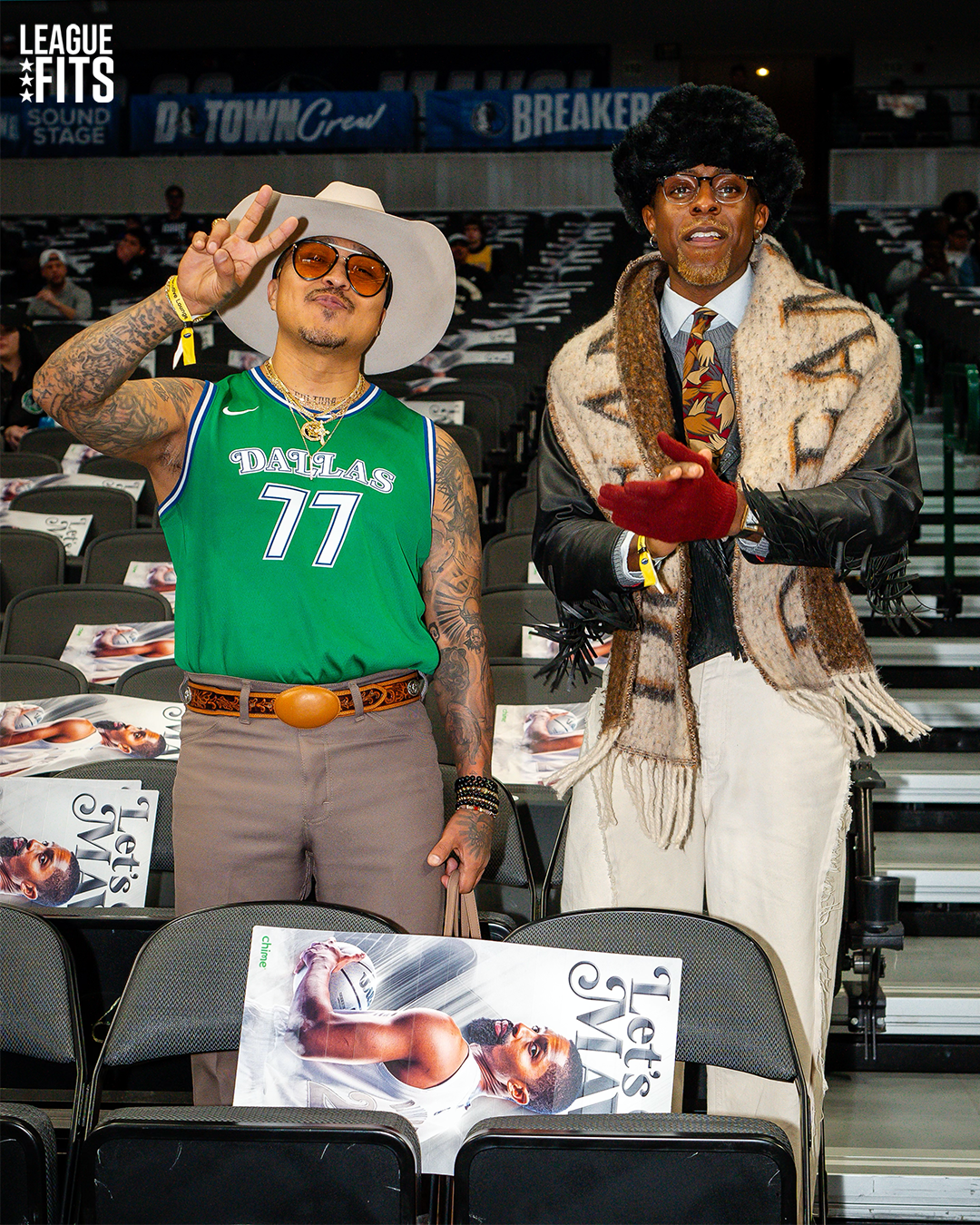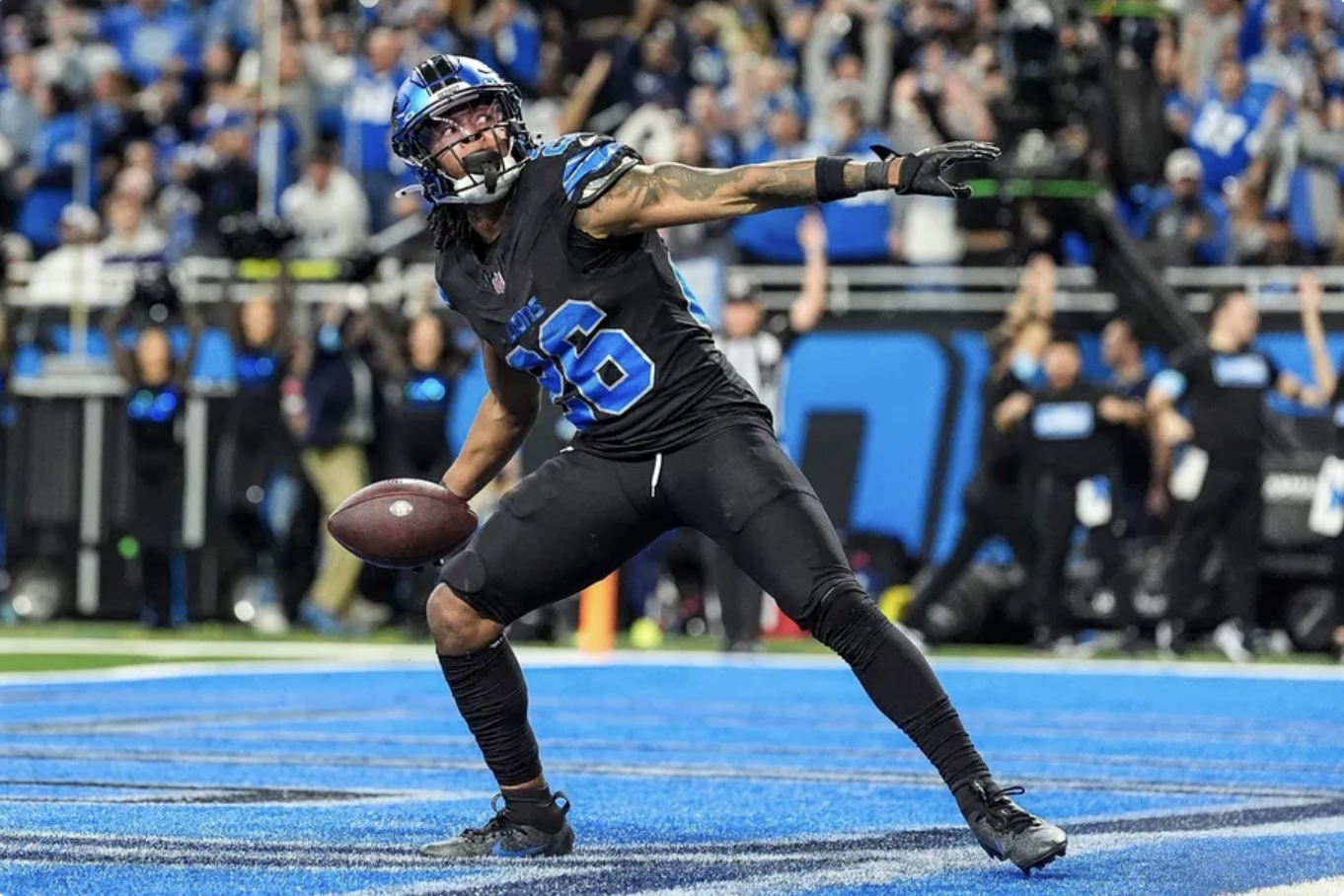One day after Leslie Jones suggested that NBC was pressuring her to give up her colorful Olympics commentary, the network said the situation “has been resolved.”
Ms. Jones, the former “Saturday Night Live” star who has become an unofficial Olympics armchair expert, has tweeted her way through the past three Olympics, much to the adoration of die-hard sports fans and novices alike. But on Monday she said that some of her videos had been blocked and that she was considering giving up on the Olympics all together.
NBC, which said it did not take down her video, welcomed her back.
“She’s free to do her social media posts as she has done in the past,” a spokesman for NBC Sports said on Monday night. “She’s a super fan of the Olympics and we’re super fans of hers.”
Ms. Jones, who never minces words when it comes to her Olympics commentary, caught NBC’s eye ahead of the Rio de Janeiro Olympics in 2016. She contributed to NBC’s coverage both in Rio and during the 2018 Games in Pyeongchang, South Korea.
In the process, Ms. Jones has injected a level of fun and humor not seen in traditional coverage.
“When they do them spins like that it is one of my favorite things to watch, look at that shit, look at that shit,” she said on Sunday, nearly breathless herself, as the 15-year-old phenom Kamila Valieva finished her history-making free skate.
Valieva completed the first two quadruple jumps landed by a woman at an Olympics, but fell on her third attempt. “Don’t be upset, baby, don’t be upset,” Ms. Jones said. “I like her head bun, too. Don’t be upset, baby, because you did your thing, you trust and believe. All them skaters wish they could do that shit. Good job, baby, good job. That was serious skating right there.”
It was one of her last narrated videos before she took issue with NBC, which owns exclusive broadcasting rights to the Olympics through 2032 at a cost of $7.75 billion.
“Leslie Jones does not stay anywhere I’m not welcomed,” Ms. Jones posted on social media Sunday night at the end of the free skate event.
“I’m tired of fighting the folks who don’t want me to do it,” she wrote in a card that was posted on Instagram, Twitter and TikTok. “They block my videos and they get folks who think they can do it like me. And I’m tired of fighting them. I love the athletes and they love me doing it. And I know y’all love it. But now it’s just gotten too hard.”
Representatives for Ms. Jones did not respond immediately to requests for comment on Monday night.
A lifelong Olympics fan, Ms. Jones said in a tweet that she had started narrating events from home to drum up support for American athletes.
“I do this because I really enjoy watching the Olympics, I really love you guys’ reaction, I love that you guys enjoy,” she said in the video she shared early Monday. “This is, like, everyone coming together, no matter what’s going on, and competing in the Games.”
During the Tokyo Games last summer, NBC dipped its toes into nontraditional Olympic programming with a half-hour highlight show on Peacock that was hosted by Snoop Dogg and Kevin Hart.
NBC was already facing a long list of logistical headaches for the Beijing Games: an event nearly free of spectators, the vast majority of its announcers offering commentary from a network compound in Stamford, Con., and dwindling ratings for the Olympics in recent years.




















Discussion about this post